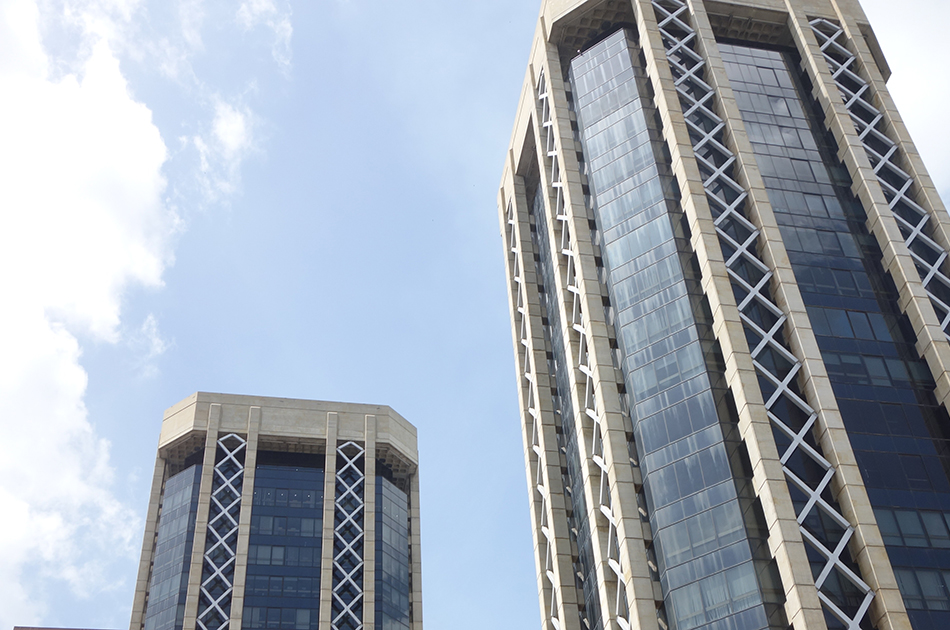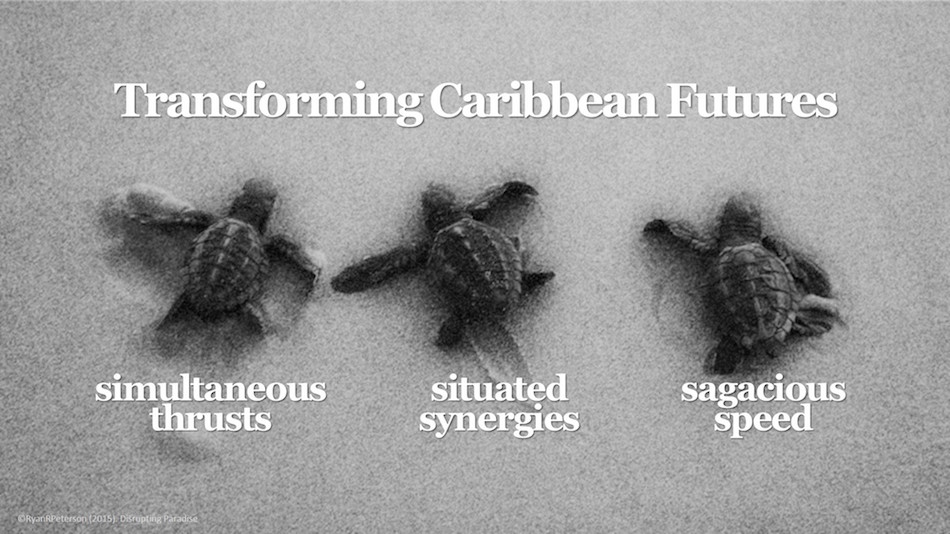Innovation and the Caribbean future
By Ryan Peterson
CJ Contributor
With the search and surge of silicon beaches and start-ups across small island states of the Caribbean, the imperative for innovation is prominently featured in regional and national visions for economic development and inclusive growth in Caribbean futures.
High-tech incubation, renewable energy acceleration, logistic export expansion, tourism innovation, and fiscal regulation are illustrative of unfolding changes. But are we fast and furious enough in transforming Caribbean futures?
While different policy and market reforms have been implemented over the past decade to improve conditions for doing business in the Caribbean, cumulative experiences across the Caribbean suggest that structural reforms and stimulus policies for starting and scaling business, while necessary, are not sufficient for achieving economic sustainability in an increasingly hyper-competitive and disruptive environment. Part of the challenge has been the ‘silo’ approach towards business and innovation in an increasingly hyper-connected environment.
To develop the requisite economic resilience, small (island) states need to move beyond piecemeal structural reforms towards systemic transformation, in which the breadth, depth and speed -in a ecosystemic fashion- of innovation are fundamental.
Recent insights suggest that innovatively resilient small economies are characterized by simultaneous interconnected thrusts across basic conditions for starting and scaling businesses, including, access to capital, costs, coordination, and creativity.
Merely providing credit, reducing costs or collateral for starting a business are not sufficient, as are new digital business models, cutting time or attracting talent — in a non-holistic fashion — unsatisfactory for developing dynamic entrepreneurial ecosystems. It is the collective interconnected endeavour, often requiring deep synergy and trust amongst private and public stakeholders, which determine the search and success of innovation.
Breaking the ‘silo’ requires situating innovation within the local context, and the socio-ecologically sensitive cultures of doing business, yet without getting trapped from within.
In effect, systemic transformation dives deeper than simplistic adaptation or superficial improvements, and addresses fundamental values and beliefs in creating new situated ecosystems for enterprising. Systemic transformation lets go of past fundamentals and values, and rethinks and tinkers from an emerging future, rather than merely seeking to apply decontextualized ‘silo’ practices (from the past).
Beyond the breadth and depth of systemic transformation, innovation resilience and the development of dynamic entrepreneurial ecosystems depends on the speed and timing of execution.
In a disruptive economy, the Caribbean cannot afford another decade to realize its innovation potential. Speed and sagacity are integral to systemic transformation, in order to overcome a ‘red queen effect’ in which we are running only to stand still.
In transforming our Caribbean futures, Caribbean economies will have to overcome the paradoxical situation of transforming their economies from within, yet without being entrenched in past comforting paradigms.
We must lead from an emerging future, without protruding our present challenges.
There can be indeed no external reach for innovation and sustainability, without an internal stretch of ingenuity and sagacity.
As islanders, we would do well to heed some turtle wisdom: the ocean provides endless opportunities to those who dare to surf the tides, and stick out their necks beyond their silo shells.
Ryan R. Peterson, PhD is Professor of Innovation Economics & Sustainable Islands at the University of Aruba, and policy advisor on sustainable innovation in small states. He can be reached at ryan.peterson@ua.aw

